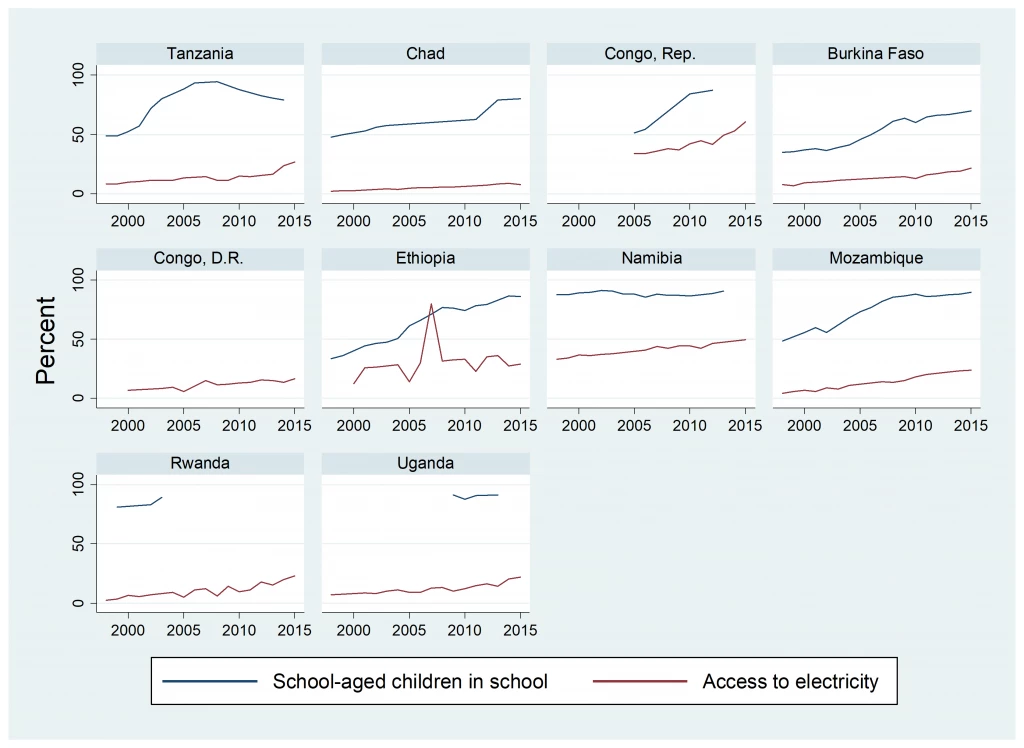
How large is the share of public procurement to GDP in middle-income and low-income countries and how it is evolving? If sizable, can public procurement be used as a policy tool to make markets more competitive, and thus improve the quality of government services? Can it be used to induce innovation in firms? Can it also be a significant way to reduce corruption?
Public procurement is the process of purchasing goods, services or works by the public sector from the private sector. The range of economic sectors concerned by public procurement is as wide as the needs of a government to properly function and deliver services to its citizens. Governments turn to the private sector to supply goods and services for the construction of schools, to purchase hospital supplies, to secure computer services in public buildings, renew a fleet of city buses, or construct a new road as in indicated in the World Bank Doing Business 2017 report.
It is surprising that no attempt has been made to-date to systematically and consistently collect reliable statistics on the size of public procurement in economies around the world. Data are publicly available for high-income countries. The European Union calculates the average share of public procurement in the GDP of its 28 member states to be 16%. The OECD also collects statistics on the share of public procurement in its 35 member countries, which averaged 12% of GDP in 2015. For the rest of the world, there is scarce data and studies. The World Trade Organization estimates the share of public procurement in GDP globally to be between 10 and 15%, implying that public procurement is as used in middle-income and poor countries as in high-income ones. Is this actually the case?
To answer this question, we collect data on public procurement for 123 countries for 2015 or the latest available year. The data are from government sources or international development institutions, and show that low-income countries have the largest share of public procurement in GDP, at 14.5%; followed by upper-middle income countries, at 13.6% (figure 1). In Eritrea, for example, public procurement is a whopping 33% of GDP, due to both significant inflows of development assistance that go through public procurement and the small tax base which makes government expenditures almost entirely dependent on development aid. In Angola, the share is 26% of GDP, for much the same reasons.
Some rich countries also have high shares of public procurement in GDP, for example the Netherlands at 20.2% or Finland at 18.5%. The ratio of government expenditure to GDP in these countries is twice as large as in most emerging economies, underscoring the significance of public procurement. High-income countries in the Middle East, however, show markedly lower share of public procurement: Oman at 6% of GDP, Bahrain at 8.2%.

Across regions, South Asia has the highest share of public procurement in GDP, at 19.3%; followed by sub-Saharan Africa at 14.9% (figure 2). India procures 20% of GDP publicly, Pakistan 19.8%. East Asia has the lowest share, 9.3% of GDP, largely driven by China, where only 2.8% of GDP is generated through publicly procured projects. The Philippines and Thailand also procure less than 3% of GDP publicly.
The figures suggest that public procurement is indeed as important in developing countries as it is in advanced economies. Governments in developing countries are significant purchasers or good and services, and these markets represent huge opportunities to enhance competition and development. This result can be used to refocus efforts to improve the quality of service delivery. If public procurement ensures competitive markets for government goods and services, one would expect benefits for the consumer: higher quality and perhaps lower prices. The ultimate benefit may be reduced corruption, as a transparent procurement process will weed out some corrupt practices.
Tweet these:
Can public procurement be used as a policy tool to make markets more competitive?
Can public procurement be used as a significant way to reduce corruption?
How large is the share of public procurement to GDP in middle-income and low-income countries?
Can public procurement be used to induce innovation in firms?





Join the Conversation